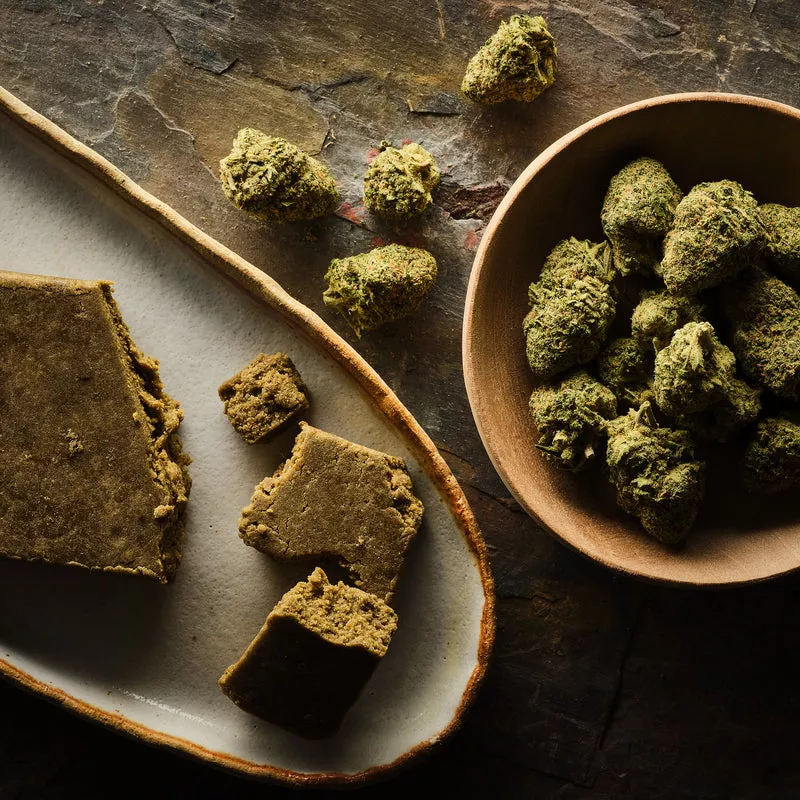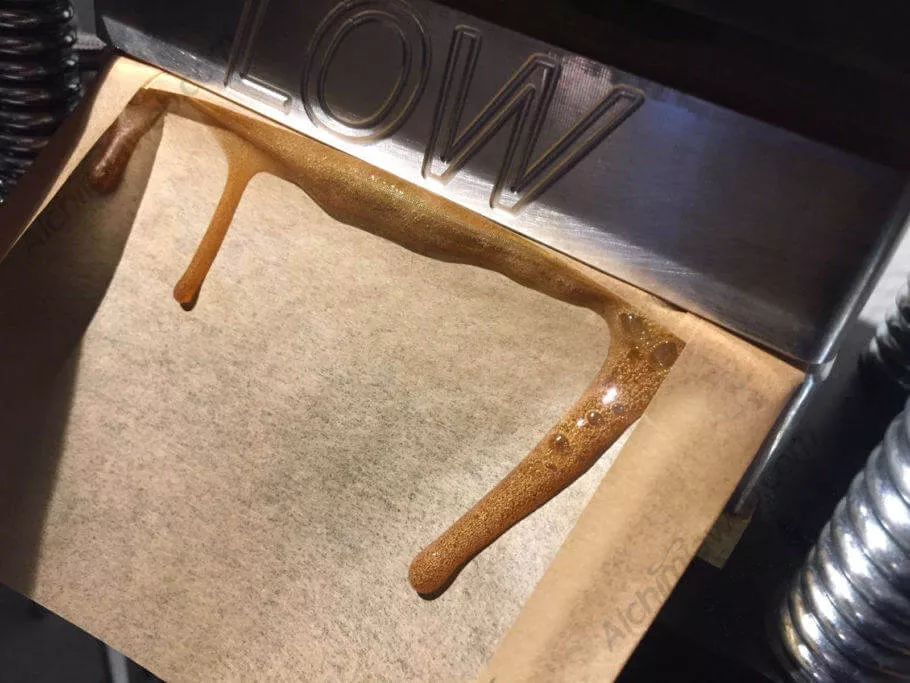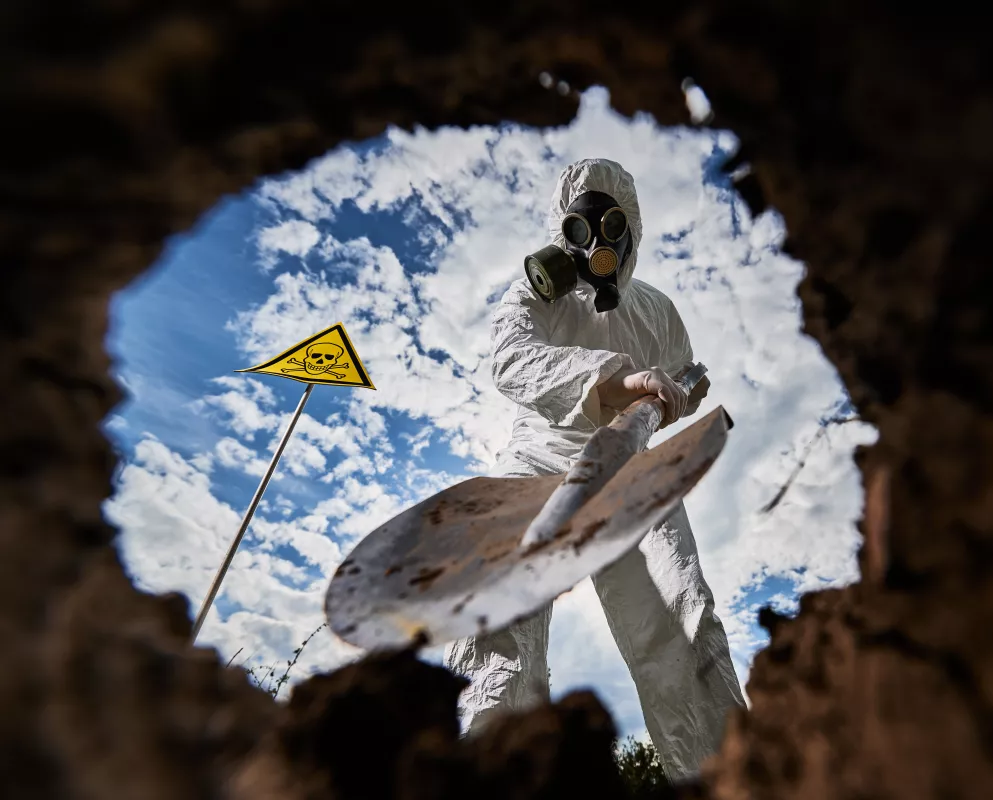- Shop All
- Type
- (144) THC>
- (74) CBD>
- Need
- Sleep>
- (21) Pain>
- (11) Anxiety>
- (6) Pets>
- (88) Edibles
- (14) CBD Edibles>
- (60) THC Edibles>
- (3) Ratio Edibles>
- (33) Hybrid Edibles>
- (86) Vegan>
- (5) Beverages>
- Strain
- (29) Indica>
- (24) Sativa>
- (47) Hybrid>
- (14) Tinctures
- (5) Anxiety Tinctures>
- (9) CBD Tincture>
- (1) Pain Tincture>
- (4) Ratio Tincture>
- (4) Sleep Tincture>
- (4) THC Tincture>
- (4) Capsules
- (1) CBD Capsules>
- (0) THC Capsules>
- (3) Ratio Capsules>
- Foggers
Can I Get a Prescription for CBD Oil in Canada?
Lexie LivingstonDecember 22, 2021LatestContents
- What is the Difference Between Medical & Recreational CBD Oil?
- Quality of Products
- Price
- Medicinal Marijuana, CBD, & Phoenix Tears Canada Available Without a Prescription
- What are Phoenix Tears THC?
- What are Phoenix Tears Benefits?
- Phoenix Tears Oil for Sale Without a Prescription
- Birch + Fog’s Top Recommended Phoenix Tears Oil Canada
- Final Thoughts
The Canadian Cannabis Act came into effect in 2018, essentially legalizing CBD and THC for those who meet the age requirements. Despite being legal and not requiring a prescription, many Canadians suffering from chronic illness prefer to consult with a healthcare practitioner for a prescription in addition to ongoing monitoring and guidance. Certain clinics composed of physicians and medical staff remain available in Canada, offering full treatment plans alongside medical CBD and THC. What is the purpose? Do you need a healthcare professional alongside this medicine? Is medical CBD oil and THC oil obtained with a prescription any different? Here, we’ll get into all the details.
What is the Difference Between Medical & Recreational CBD Oil?
Prior to the Cannabis Act, the Access to Cannabis for Medicinal Purposes Regulations (ACMPR) governed medical marijuana use. Following the legalization of adult-use cannabis, the Canadian government has indicated that it is committed to maintaining a separate system for medicinal patients with quality-controlled products. Many people are unaware that, while recreational cannabis use became legal, the medicinal cannabis system has been around since 2001.
To obtain a medical cannabis authorization, you must first see a doctor or speak with a healthcare practitioner. You can then register with a licensed producer (LP) after you receive authorization, which generally includes techniques and dose guidelines. Unlike recreational users, medical cannabis/CBD patients must register with a provider. Some choose to split their prescription across a few manufacturers for diversity and consistent access to cannabis.
Recreational cannabis and CBD oil products on the other hand, are available without a prescription for anyone wishing to use them recreationally or to self-treat. To put it simply, legalizing CBD and THC (even Phoenix Tears Canada) has allowed for the medicine to be made available “over the counter” rather than through a doctor and pharmacist. Think in terms of a medication that is available both on the shelf and by prescription, such as Naproxen in the United States. The medication is the same, however, it is labeled Aleve when purchasing it in the store without a prescription and Naprosyn, when you have a prescription and purchase it through a pharmacy. Dosages vary, however, the medication is the same.
While more clinical research is needed to completely comprehend the advantages of medicinal cannabis and CBD oil, it has been demonstrated to help with a variety of symptoms and conditions. According to studies, the advantages include pain alleviation, decreased inflammation, sleeplessness relief, and anti-seizure capabilities. Taking CBD or THC medicinally on a regular basis is expected to provide long-term advantages because they interact with the body's endocannabinoid system.
Fore more information on Canadian laws regarding medical marijuana, click here.
Quality of Products
The Cannabis Act strives to assure safe cannabis availability by establishing the same conditions for recreational licensed producers as for medicinal cannabis licensed producers. That states that both medicinal and recreational consumers may expect safe cannabis that has completed lab testing and has a label that clearly identifies the product's strength. Recreational consumers should anticipate to see more diversity in product offers as more manufacturers get licensed or scale up their businesses.
Price
Medical cannabis activists and corporations were concerned that recreational cannabis would be cheaper than medical cannabis, causing patients to seek out recreational stores. Cannabis taxes vary depending on where it is purchased, and include both a sales tax and an excise tax. This implies that cannabis costs in the territories may be greater than those in certain provinces.
Medicinal Marijuana, CBD, & Phoenix Tears Canada Available Without a Prescription
Obtaining a prescription for medicinal marijuana/CBD oil products remains an option for those that wish to receive additional assistance from a healthcare professional. However, it is not necessary, as the products have often undergone the same strict testing and are priced fairly the same. Many Canadians prefer to research their symptoms and condition on their own and purchase CBD/THC products that best suit them, directly and discreetly, cutting out the middleman. This alleviates much time and money spent at doctor’s offices, in addition to any stigma they may experience during that process.
When looking for a THC or CBD product available without a prescription, it is imperative that you seek a well established retailer that provides third-party lab test results on all of their products. You want to verify that ingredients and dosages are safe, pure, and nontoxic. Always look at customer reviews and investigate the history of the company to ensure that they are transparent in their business practices.
What are Phoenix Tears THC?
One of the most exciting outcomes of the Cannabis Act is that Phoenix Tears oil Canada is now entirely legal without the need for a prescription. This is your solution if you've been looking for a natural remedy that gives pharmaceutical-grade relief without the negative side effects of traditional pharmaceutical medications.
People often wonder though, are Phoenix Tears CBD? Phoenix Tears Canada is actually a potent cannabis extract with a high concentration of THC. This extract is also known as Rick Simpson Oil (RSO), FECO (fully extracted cannabis oil), hashish oil, or "cannabis extract.” It was discovered as a cancer treatment by Rick Simpson when he treated and healed his own skin cancer. This product, which may be taken orally or administered topically, outperforms other tinctures. Phoenix Tears THC oil is more medicinal than other THC products because of its potency. It has the ability to provide a large dose of cannabis to medicinal patients in a discreet and efficient manner with quick results.
What are Phoenix Tears Benefits?
The capacity of the Phoenix Tears THC oil to fight cancer is one of its most well-known properties. Cancer cells have been shown to be suppressed by compounds contained in the cannabis plant. As a result, the cells won't be able to divide and grow as fast as they used to. Cancer cells are less likely to spread to healthy tissue when cannabis oil is consumed, preventing tumors from forming blood vessels, thus starving them to death. Many studies have demonstrated that cannabis compounds promote apoptosis, which causes cancer cells to die on their own.
Phoenix Tears Canada has also successfully treated diabetes, skin problems, infections, pain, glaucoma, inflammation, headaches, asthma, insomnia, anxiety, and depression. It has been revealed that it has anti-aging characteristics and may increase appetite (especially for those undergoing cancer treatment), mend tissues, and rejuvenate important organs.
To learn more about the many benefits of Phoenix Tears, click here.
Phoenix Tears Oil for Sale Without a Prescription
Despite its potency and notable medicinal benefits, Phoenix Tears THC oil is completely legal without the need for a prescription from a healthcare professional. Available in oil, capsule, or gummies, Phoenix Tears provide potent, fast relief. As mentioned above, it is always recommended to do your own research and use discretion when adding a new supplement into your daily routine. You can find everything you need exclusively at Birch + Fog!
Birch + Fog’s Top Recommended Phoenix Tears Oil Canada
1 Phoenix Tears Capsules | Now + Then
Now + Then continues to make our product lists and for very good reason. Their ingredients are backed by extensive lab testing, verifying that they are not only pure but also extremely potent. These Phoenix Tears THC oil capsules aren’t any different. With only three ingredients, full-extracted cannabis oil, MCT oil, and water, you don’t need to worry about any toxic ingredients or fillers.
You’ll experience profound healing with extreme relief in an easy to administer capsule. Being in the capsule form allows for accurate dosing no matter where you are. Available in 10mg, 25mg, and 50mg, you can easily customize your unique dosage.
Being made from extra-strength THC, this product is ideal for those seeking medicinal benefits for severe conditions.
Pros:
- Backed by extensive lab testing
- Now + Then holds reputation for quality
- Easy to administer, accurate dosing
Cons:
- Not ideal for topical treatments
Highlights:
- No toxic ingredients or fillers
- 3 ingredients total
2 High Dose Gummies | Kandy Kandy
Kandy Kandy has got to be the most delicious way to treat chronic illness! Their high-dose THC gummies come in grape/orange and either a 900mg or 3,000mg. These Phoenix Tears benefits include relief from severe illnesses, chronic pain, and sleep disorders. Due to the extreme potency (cannabis extract being the first ingredient), it is recommended only for those who have experience with THC.
These gummies are all natural, gluten-free, and contain organic flavors. They contain lab-tested THC oil and only the highest quality extracts.
Pros:
- Delicious way to treat chronic illness
- Extreme potency
Cons:
- High in sugar
Highlights:
- All natural
- Comes in grape and orange
- Lab-tested
Final Thoughts
There has certainly been a lot of changes in the past few years with regard to the legality of cannabis-based medicine. While the option remains to obtain a prescription from a certified healthcare professional, Canadians are also free to research on their own and purchase the medication without the need for office visits or insurance plans. Strict guidelines are in place to monitor the quality of both prescription and non-prescription CBD and THC products alike. Prices also remain similar for both options.
When choosing a CBD oil, THC oil, or Phoenix Tears oil Canada without a prescription, it is always recommended to research your condition and ensure your product contains potent, quality, non-toxic ingredients.
You can find Phoenix Tears oil for sale right here at Birch + Fog’s online store! When shopping with us, you can feel confident that we have taken the time to thoroughly test and approve each product in our online store. We stand by our products and guarantee that they have all exceeded third-party testing and verified to be made of only the highest quality ingredients.
0/5 (0 Reviews)Latestfrom B+FBe the first to know about exciting new products, special events, seasonal offers, and much moreOur Collective
Wellness to your doorstepCopyright © 2024 All Rights Reserved | BIRCH + FOG[gtranslate]Save your cart?
x










